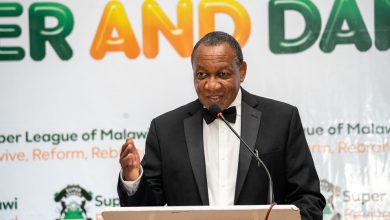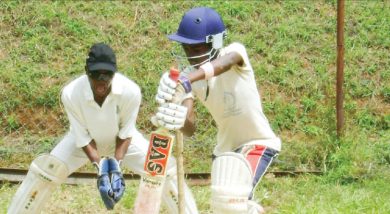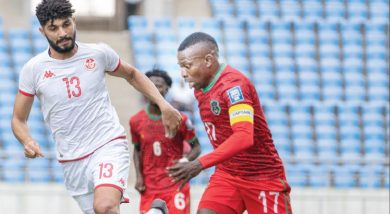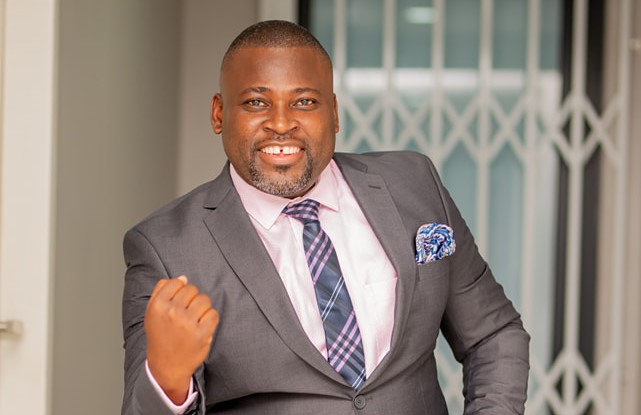Study exposes use of substance
An absence of a reliable system to check doping has provided a fertile ground for some players in Malawi’s elite football to use prohibited performance enhancing substances (PES), it has been established.
According to our findings, the use of PES is rampant among Malawian players despite the World Health Organisation (WHO), Fifa and World Anti-Doping Agency (Wada) banning the practice.
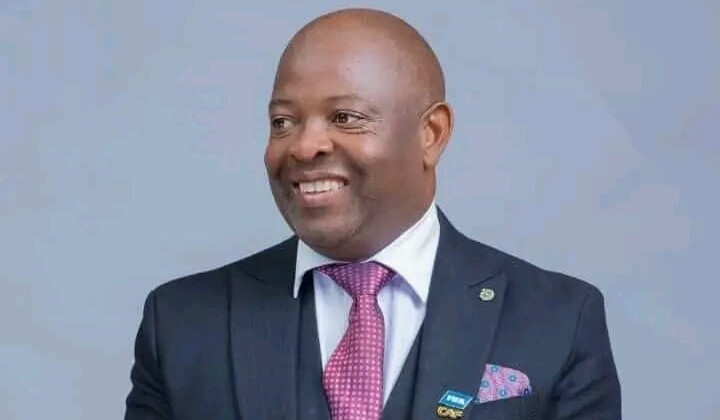
A 2022 study by Enock Chisati, Dorothy Undi, Samuel Ulili, Sarai Nkhoma, and Mathews Mlongoti of Kamuzu University of Health Sciences (Kuhes) and published by Malawi Medical Journal showed that 91 percent of the sampled 86 players in the country’s Super League had at one time used performance enhancing substances (PESs).
The study showed that only nine percent of the sampled players had never used performance enhancing substances.
On the other hand, the findings reveal that the used substances are caffeine (37 percent), herbal products (40 percent), energy bars (40 percent), tetrahydrocannabinol (35 percent), creatine (26 percent), anabolic androgenic steroids (26 percent), vitamins or mineral supplements (21 percent), erythropoietin (21 percent), tetrahydrogestrinone (21 percent), diuretics (21 percent), human growth hormone (21 percent), beta blockers (19 percent) and cocaine (2 percent).
While caffeine is not on Wada’s prohibited list, the others are list edand are used to improve performance through relieving pain, combating fatigue, increasing strength, boosting muscle mass, increasing endurance, enhancing recovery to injury and reducing or increasing weight.
The study concludes that there is need for awareness among football players on the adverse effects of PES.
“Participants mainly use PESs for improved performance in football. Therefore, awareness among elite football athletes and stakeholders on adverse health effects of PES use should be promoted,” the study concludes.
It recommends further studies with a bigger sample, specifically on prohibited substances based on laboratory sample analysis.
“Further, the study did not focus on prohibited PESs use among the participants, which gives only a general evaluation of PES use. Therefore, future studies among elite football players should focus on prohibited PESs while incorporating a larger sample size and objective methods of determining the prevalence of PES use such as laboratory based chemical analysis,” reads the study.
Malawi Anti-Doping Organisations (Mado), the body entrusted with combating doping in the country, says it is aware of the use of banned substances among football players.
Mado president James Mwenda said the association has administered about 100 tests in the past 10 months.
However, Mwenda said the tests are on-demand basis by competitions organisers such as the recently held Region 5 Youth Games.
He said: “We have never done a test sanctioned by local football competitions organisers such as Super League of Malawi or Football Association of Malawi.
“This is very dangerous because one day, we will have our players banned once they are discovered on the international stage.”
Mwenda said they resorted to testing on demand due to the high cost of conducting the tests and processing of the samples in South Africa as there are no local laboratories certified to carry them.
“This has been the biggest challenge since we operate on a lean budget from Malawi National Council of Sports annual subvention,” he said.
Mwenda said standard practice is that tests have to be done twice during a competition.
He said: “Unfortunately, our colleagues at FAM and Sulom have never asked us to do the tests, which makes them complicit in the practice.”
In the absence of a request from FAM or Sulom, Mado is toothless as it cannot enforce the requirement to conduct regular tests.
Mwenda said since Malawi is a signatory to WHO and Wada treaty in anti-doping, they are in the process of negotiating with the government for a legal framework for them to enforce anti-doping.
He said: “Once that is done we will have a mandate to enforce doping tests for each competition not only in football, but all sports codes and impose sanctions on those that are caught.”
However, FAM and Sulom have accused Mado of running away from its responsibility.
FAM general secretary Alfred Gunda said just like its mother body Wada, Mado is an independent body, which is supposed to work without interference.
He said: “There is no way the responsibility of being tested can be on the one to be tested. That would compromise the independence of Mado.
“Wada has done doping tests for Malawi national football team players several times. All they do is to inform us when they will come and for us to make sure that the players are available.”
On his part, Sulom general secretary Williams Banda said the TNM Super League players are always available for the doping tests.
“As competition organisers, we are always ready to cooperate by providing the players for testing. It’s up to Mado to find funding for the exercise. Not us. This is their mandate and authority.”
Knowledge gaps
While testing and sanctions deter use of banned substances, Wada also advocates civic education among players on which substances are illegal.
Some 20 players from 16 TNM Super League clubs we interviewed said while they are aware that some substances are banned, they do not know the complete list.
“I have been taking energy drinks throughout my career even on the bench. Everyone does. Until today, I never knew that they are among banned substances,” a Blantyre-based player said.
One player said his club has never explained to him that the use of pain relieving drugs is prohibited.
“Some of the drugs are administered by team doctors when we are injured. So, they are better placed to explain these things to us. We can’t possibly know whether they are prohibited or not,” he said.
Another player based in Lilongwe said casual smoking of marijuana (chamba) is common among players, but not as a performance enhancing drug.
“It is mostly for recreation and not for performance enhancement. I think that is harmless,” he said.
Unaware of the consequences of substance abuse, some players have been affected by addiction.
Two former national team players have suffered mental illness, despite going through rehabilitation.
Other promising players have had their careers prematurely ended as they have moved from one team to another and then released following their addiction to chamba.
Former Flames coach Kinnah Phiri said he once caught two players smoking in the toilet at Kamuzu Stadium before a national team match and acted instantly.
He said: “When I asked them, they said they can’t play without smoking. That was the first time for me to hear that players take something to enhance performance.”
Phiri, who is now deputy director of sports, called for football authorities to come up with programmes that will help players to know the adverse effects of doping.
“I will definitely contact the Super League of Malawi so that those of us who played at the highest level can act as role models. The players need to know that they do not need a drug or substance to perform well. They should borrow a leaf from some of us who have lived a healthy life up to now because we abstained from such behaviours.”
Flames legend Chancy ‘Vinny’ Gondwe, who has authored two books that chronicle his turbulent career which took him to South Africa, says he is ready to help in counselling TNM Super League players.
“Clubs know the challenges their players are facing. Let them open up to us. Through our ministry we can help these players.
“We are ready to talk to all TNM Super League clubs so that they are aware of this challenge, which threatens their players’ careers.
“We respect confidentiality and we will observe this when helping these players overcome the challenge.”


